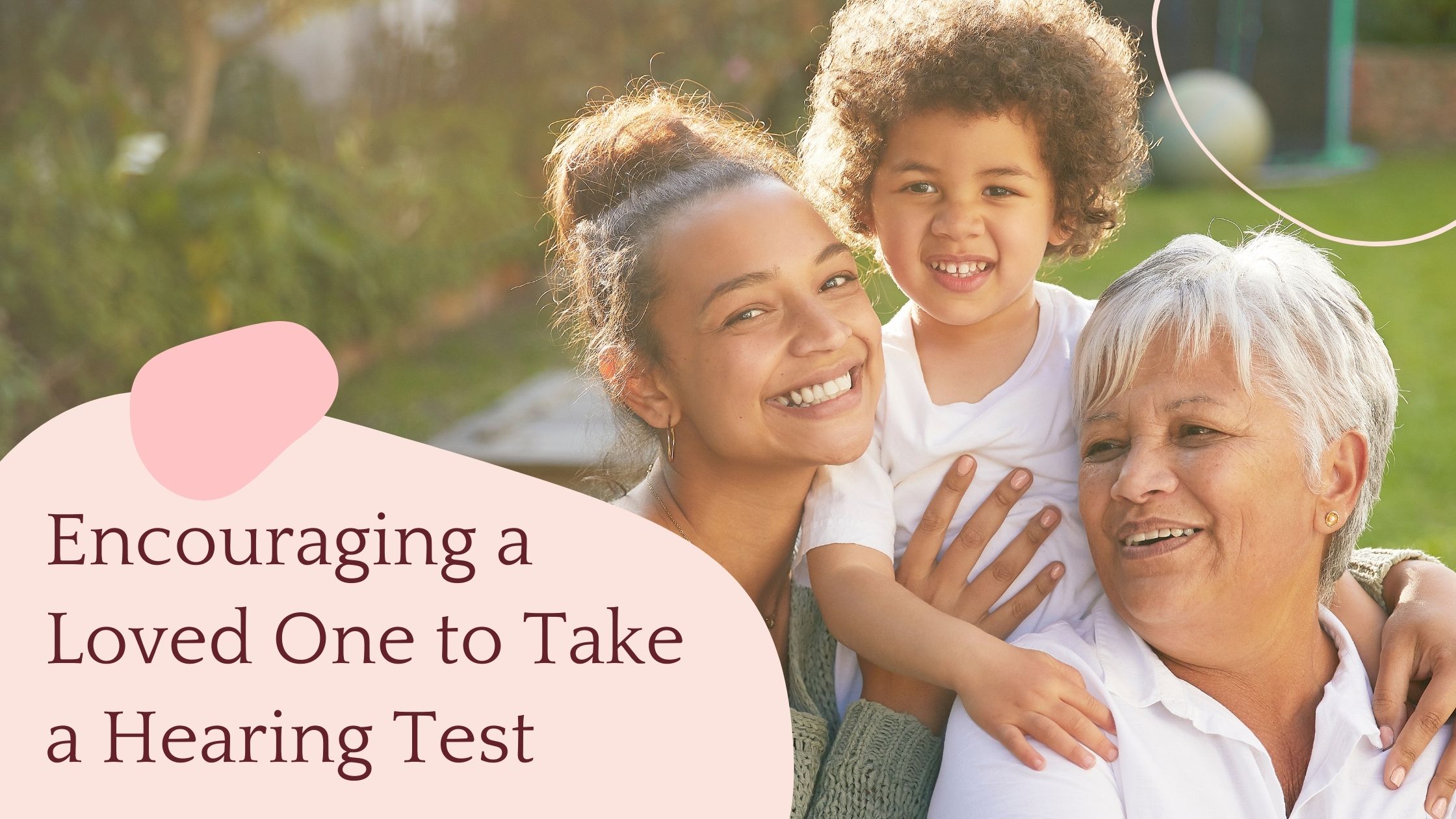One in eight or 13% of people in the US alone over 12 years of old suffer from hearing loss in both ears. This means that it is very likely that someone close to you may be suffering from hearing loss. The issue is that your loved one may not even know they have a hearing condition. Hearing loss begins slowly, diminishing certain tones or pitches. Your loved one may have forgotten the sounds of birds or the wind in the trees and not even know they’ve gone.
The Impact of Hearing Loss
This, however, does not mean that hearing loss isn’t causing harm. The impact on your loved one is emotional, physical and mental. One of the biggest affects you may have noticed in your relationships is a strain due to the hearing loss. Do you find yourself having nightly squabbles over the volume of the TV or conflict over constant miscommunications? These misunderstandings can start to degrade your relationships causing depression, anxiety and sleep issues. It is all too common to witness your loved one withdraw from you and others as their depression progresses and this can cause cognitive decline and increase the likeliness of developing dementia. It may also make it more difficult to stay safe and navigate the world. Hearing loss increases the likeliness of falls and accidents which can be devastating, especially for an elder population commonly affected by this disability.
Convincing your Loved One
Helping your loved one take the huge leap to deal with their hearing loss can be a sensitive subject. There are many stigmas attached to hearing loss that are not serving the afflicted and must be unpacked in order to get the important treatment they need. With sensitivity in mind, here are few tips to help you talk to the person you love and help them go down the path towards treatment and a higher quality of life.
Do Your Research
The more you know and understand about hearing loss the more facts you can share about the dangers of hearing loss and the best way to treat them. Find an audiologist that you trust and has good reviews. You can call ahead to the office and find out about the hearing test, possible treatment options and price points, so you can convey this to your loved one.
A Place of Care
Let your loved one know of some of your concerns and the risks of ignoring a possible hearing loss. Let them know you are coming from a place of care, rather than them feeling defensive. It’s all too common for people to use their defensiveness and denial around hearing loss. On average it takes people 7 to 10 years to treat a hearing loss and by then many of the dangerous side effects of hearing loss have already progressed to an irreversible point.
Choose the Right Setting and Time
For people with hearing loss, certain environments enable them to hear better than others. Make sure you pick a calm and quiet time. If you try to talk to them during a family dinner or party, they may feel like they are put on the spot. However, if you put aside a time where they feel calm and perceptive, they are more likely to understand that you are coming from a place of care. Describe to them how their hearing issues affect you. Avoid accusatory statements. Instead talk about your concern for their health and your relationship.
Take Time to Listen
In most cases your loved one already believes they have a hearing loss. Speaking to them about the issue may be the big step that it takes to finally deal with a hearing loss. Give them some time to discuss their fears and frustrations with the changes in their hearing. Favor open ended questions and give them some therapeutic time to vent and release their fears. It can be a relief for both of you to finally be open about communication issues which have built up and cathartic to finally speak of them openly. Try not to interrupt them when you are done speaking. Give them their time.
Offer Your Support in Helping Them Get the Care They Need
You can be an amazing support system for your loved one in their journey to get their hearing tested and acclimating to the appropriate treatment. Help them get the care they need so you can continue to enjoy your life together!
When you and your loved one are ready, we’re here to help! Contact us to schedule an appointment.

